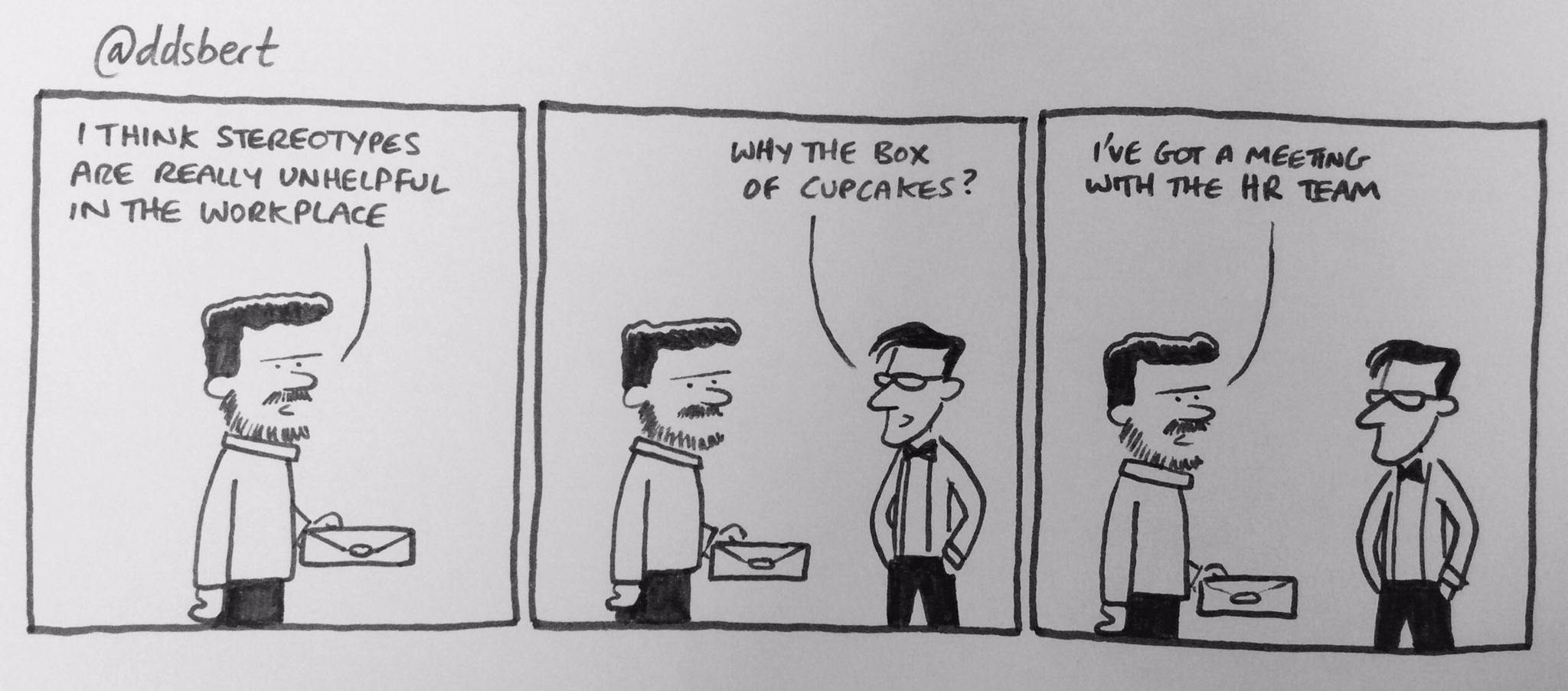When you go to bed tonight your brain is still operating. It is is still making sense of the world, but primarily it is resting and recuperating. Your body and mind are in the process of refreshing for a large percentage of each night. During the day we process some information, we retain some information and we make sense of a range of inputs. We also spend time each day that is less focused on thinking or learning – we eat, we relax with friends, we switch off as much as we can and turn into zombies binge watching a box set or a movie.
During all those relatively fallow periods technology is relentlessly and tirelessly improving. It doesn’t sleep, it doesn’t break off to grab a quick snack and it certainly doesn’t put anything off to watch a movie. It learns, improves and then learns some more. There is no way to compete with something that relentless. It is reading, calculating, running scenarios and problem solving whilst you doze.
There is interesting work being carried out around minimising the amount of sleep that we need each night by triggering deep sleep more rapidly, but we won’t ever match the machines in terms of time ‘switched on’. We have created platforms and programmes set against which we are at an evolutionary disadvantage.
Indeed, somewhat perversely, we are deliberately attempting to erode that advantage.
There is no doubt that the debate on the impacts of automation too often oscillates from apocalyptic to a vast underestimation of the potential impact. It is true that new jobs will be created over the coming years, but it’s unclear why those jobs would be better suited to being delivered by humans rather than AI or robotics.
When I talk about automation to groups a strange quirk is that usually most people think everyone else’s job is the room could be replaced by technology except theirs. It’s an intriguingly human response to changes that can seem out of our control.
We need to make choices over our future and we need to not only deal with some of the realities of technology, but to play an active part in shaping those technologies. Whether as a species, country, community or organisation; we need to shape our own destiny together.
There are big questions, big challenges and big opportunities over the coming years. It’s a complex world and if you are struggling to make sense of the scale of the shift then I suggest you do something distinctly human: sleep on it and come back to it in the morning.
Just know that whilst you were sleeping the problem advanced… Just a little bit.
(this blog was originally published at futureofworkishuman.org)

